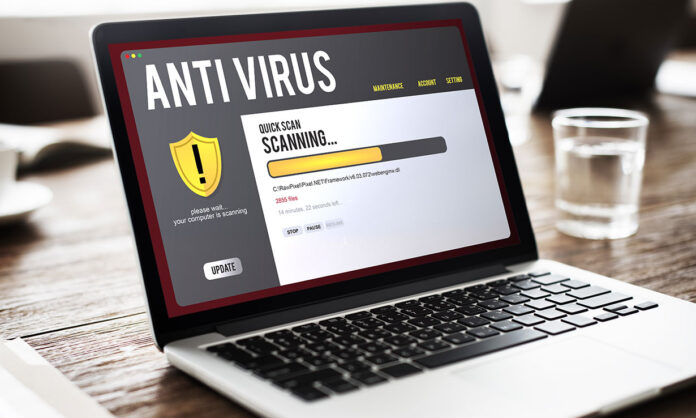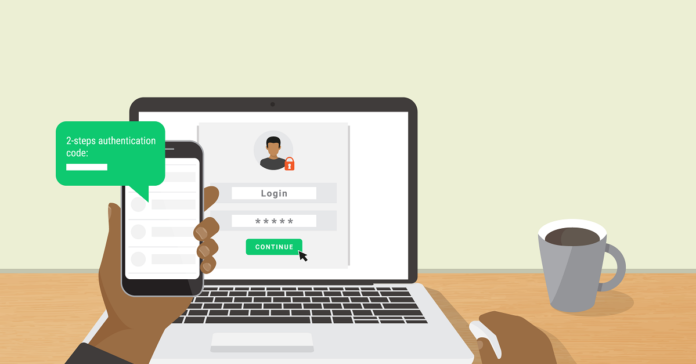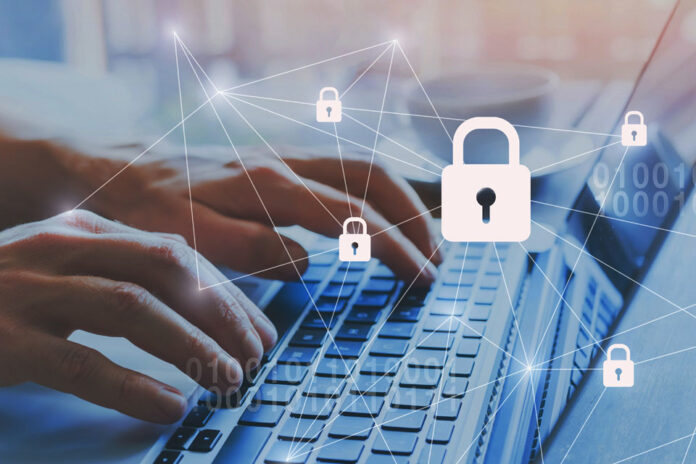Cybersecurity threats are a continuing issue for businesses large and small as we head into 2024. With cybercriminals becoming increasingly sophisticated in the way they attack businesses and individuals, the cybersecurity industry is struggling to keep up with the changing environment.
This is not helped by a shortage of cybersecurity specialists around the world and is becoming an increasingly problematic area for businesses to recruit. For smaller businesses that don’t rely on in-house cybersecurity specialists, cybersecurity threats are still very valid and something that needs to be addressed.
Large businesses, whilst more appealing to cybercriminals, tend to invest a lot more in cybersecurity protection. SMBs, on the other hand, don’t invest as much in cybersecurity protection so whilst the payout for cybercriminals might be less with an SMB, they are often a much easier target.
Whilst small businesses might not be able to invest in a dedicated cybersecurity professional or even work with a cybersecurity provider, there are some things that you can do to protect your business and make it much harder for cybercriminals to access important data files on your network.
Here are some of the best cybersecurity tips for small businesses looking to improve their overall cybersecurity protection:
Invest in antivirus and malware protection

If you haven’t already, make sure you invest in an antivirus and malware protection package that is adequate for the size of your business like one of these identified. The great news about antivirus software is that it can typically be scaled up or down as your business changes, with packages to suit all business sizes.
Make sure you invest in a package that also protects the personal devices of all your staff. With the new work-from-home (WFH) and bring-your-own-device (BYOD) culture, personal devices are often used to access business networks and these devices as just as susceptible to malware and other cyber threats such as phishing scams.
Protecting your network is as much about protecting the devices connected to your network as it is about protecting the network itself.
Once you have invested in the relevant software, make sure you keep that software up to date. Cybercriminals are always looking for security flaws in everyday software and software providers will regularly provide security patches to apps and programmes in order to combat those threats.
Use two-step verification

A really simple way to protect your business is to implement a two-step verification process for anyone accessing your network. According to Google, two-step verification or multi-factor authentication (MFA), is basically a requirement for anyone logging into the network or a connected device on the network to perform a secondary or in some cases, a third step of verification in addition to a traditional password.
This can be as simple as an SMS code sent to your mobile device, a specific authentication app on your smartphone or something more secure like a biometric identifier such as a fingerprint or facial recognition scan.
Many software providers are moving towards two-step authentication including Google, Microsoft, and Apple and this is one of the easiest (and cheapest) ways for SMBs to protect their network and connected devices.
Use password management tools

Basic passwords are still one of the most common ways for cybercriminals to “hack” a device or app. It’s amazing how many people don’t bother changing passwords that are provided with a new device or continue to use the same password for every device, website, and application they log into.
Another simple (and cheap) way for businesses to ensure that members of staff use more secure passwords is to implement a secure password policy alongside a password management tool such as One Password or LastPass. These tools not only suggest strong passwords for you, but they also store all your passwords in a secure vault that can only be accessed using a master password (which can also require two-factor authentication). YOu can learn more about the best password management tools in this PCMag.com article.
These tools also allow you to set up two-factor authentication through the tool, killing two birds with one stone. Tools like this can be useful for small teams where shared passwords are common as you can also set up shared vaults that allow you to securely share passwords between team members without having to communicate these over other channels such as email or messaging apps.
Educate employees

Perhaps the best thing you can do to tighten up your cybersecurity measures is to invest in cybersecurity training or other related IT courses for your staff and make this part of the onboarding process for new members of staff. Computer security, also known as information technology training, entails protecting computer systems and preventing unauthorized usage, access, or changes to data. If you’d like to learn more about this course, you can visit this site. From the CEO to the newest member of the team, it is important that everyone follows best-practice guidelines when it comes to cybersecurity.
There are lots of free resources available to help to upskill you and your team and regular training should be part of your training programme to ensure people are keeping up to date with the latest threats and the things that could most impact your business.
Learn from the best

In some industries, cybersecurity is essential when it comes to building the trust of customers. Online gaming sites like Betway.com have invested heavily in cyber security in order to protect players on their site and this in turn provides those customers with the knowledge that their data is protected whilst they are playing online.
Many online gaming platforms have been subject to cyber attacks over the past five years and they have all had to tighten security measures in order to provide reassurances to players about the safety and security of their gaming platforms.
Financial organisations are also subject to regular cyber-attacks and they are turning to new technologies such as artificial intelligence, machine learning, and blockchain in order to protect their business and their customers.
Whilst you might not be based in the gaming or financial sectors, there is much you can learn in terms of best practices and some of the tips above are all part of a cyber security plan that all big businesses put in place. According to nec.co.nz, in large multi-national businesses, a cyber security framework is often required in order to meet the growing number of threats. The National Institute of Standards (NIST) developed the first cyber security framework back in 2014 for businesses looking to improve their cyber security defences and this free resource is another great way to structure your own cyber security protection, no matter the size of your organisation.








